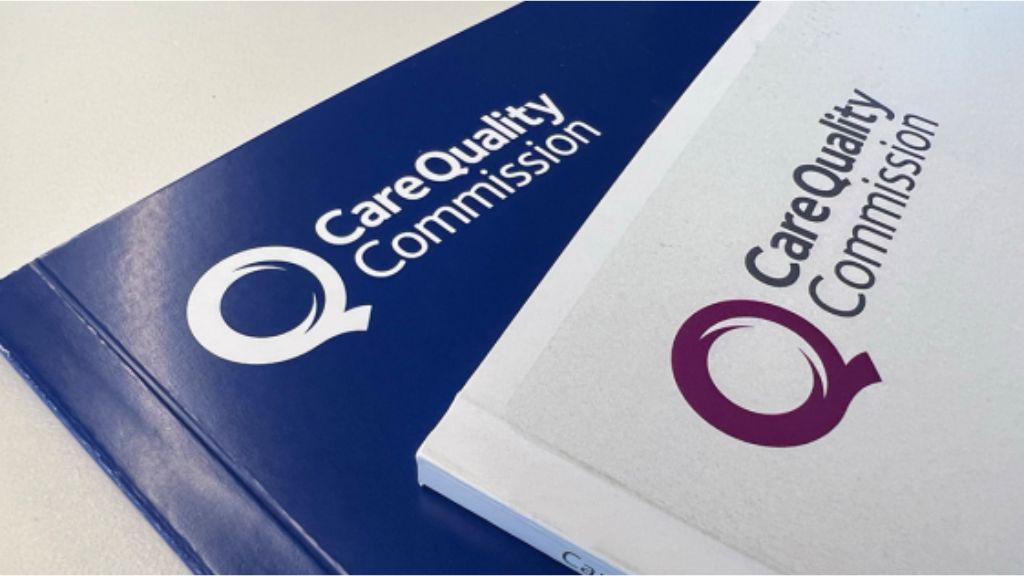REACTION: CQC’s ‘devastating approach’ as government lambasts regulator

The UK Government has admitted that the Care Quality Commission (CQC) is “not fit for purpose”, something the health and social care sector has been saying for months or years.
Here, the sector responds to news of an ongoing and government-commissioned independent review of the regulator.

Tony Thiru, founder of Fulcrum Care, a consultancy that helps care providers prepare for CQC inspections, said: “Fulcrum Care welcomes the recent report highlighting significant internal failings within the Care Quality Commission (CQC).
“In the past year, in the run-up to and [after] the introduction of [the] CQC’s new inspection framework, the health and social care sector has experienced significant upheaval.
“While the framework aims to streamline inspections and improve care quality, it has also led to increased scrutiny and pressure on health and social care providers.
“The new system, intended to be more flexible and data-driven, has instead resulted in confusion and fear among providers, leading to a punitive environment rather than a supportive one.
“At Fulcrum Care, we have seen first-hand the devastating impact of [the] CQC’s approach, not just on care providers, but also on the grossly under-reported impact on people who use health and social care services, their families and staff.
“We successfully prevented the closure of 32 care services last year, many of which were subject to enforcement actions that we believe were disproportionate.
“The overly stringent enforcement has not only placed undue stress on providers but has also driven many out of the sector, exacerbating an already critical shortage of high-quality health and social care services.
“Furthermore, commissioning authorities and various other agencies, such as fire and environmental health services, have used CQC findings as a tool to beat care providers with, akin to a modern-day ‘witch hunt’. This aggressive stance has added unnecessary pressure on health and social care providers, who are already struggling with the post-pandemic challenges of staffing shortages, increased operational costs, and the need to adopt new technologies.
“We call for a more balanced approach from the regulator, whether in [its] current form as [the] CQC, or, as is likely to happen, a reinvented form of it under a different guise.
“We would also call other associated agencies which work with health and social care providers who look after vulnerable people to support improvement through collaboration rather than punitive actions.
“The health and social care sector needs an environment where providers feel supported and encouraged to meet high standards, not one where fear of retaliation looms over every inspection.”

Helen Wildbore, director of Care Rights UK, commented: “We are pleased to see the new government acting so swiftly on the failures at [the] CQC.
“[Wes Streeting] has confirmed what families have been saying for years: that the CQC is not fit for purpose. We have been calling on the CQC for many years to act to protect people relying on care services, telling them how their lack of action is leaving people’s lives and dignity at risk.
“We hope now they will be forced into action. For the people we support, in the most vulnerable of situations, this cannot come soon enough. They desperately need the regulator to do their job.”

Meanwhile, Care England chief executive Martin Green added: “It is clear that [report author Penny Dash] has listened to the voices of care providers, resulting in a clear set of recommendations. This report acknowledges the severe and systemic problems that sit at the very heart of the CQC, and gives a specific set of steps that the regulator must take to improve performance and re-establish the sector’s long-eroded trust.
“This is going to be a long and difficult journey for the CQC, but one that is entirely necessary. Care England stands ready to work with the regulator to help them deliver an effective and supportive regulatory system that will be the cornerstone of public protection and delivers fair judgements across health and social care.
“The CQC must embark on a radical improvement program that should not only include some tangible improvements in their performance, but also needs to move away from a culture of blame. We all want proportionate and effective regulation, and the challenge now is for the CQC to take action and work with organisations across the sector to deliver it.”

Suhail Mirza, non-executive director at Newcross Healthcare, added: “Any meaningful reform and flourishing of the social care sector is predicated on a regulator that not only assures compliance but fosters the space for creativity of operators.
“The review of Penny Dash, it is hoped, will act as a catalyst for a mindset from the regulator that empowers providers. One hopes the regulatory rubicon has been crossed.”



